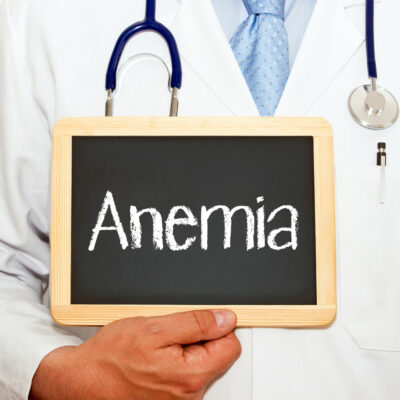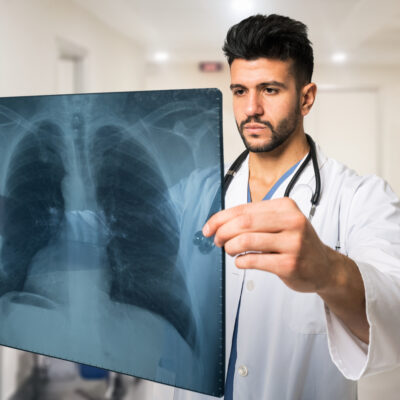
Health
6 Common Symptoms of Hyperhidrosis
Hyperhidrosis is a condition characterized by excessive sweating. The sweating is neither as a result of heat nor exercise. It occurs in unexpected situations, such as when temperatures are low. Hyperhidrosis can be triggered by an underlying medical condition or it may be hormonal in nature. Medical conditions that may act as triggers for heavy sweating include menopause, obesity, diabetes mellitus, and hyperthyroidism. Although the disorder is not life-threatening, it is uncomfortable and can cause embarrassment and social anxiety. Here are some symptoms of hyperhidrosis: 1. Excessive sweating that soaks clothing Sweating is normal and healthy, but when you sweat profusely without being engaged physically, it becomes a nuisance. This condition may affect a specific area (i.e., palms and feet) or the entire body. Common areas where the disorder may manifest include palms, soles, head, groin, and underarms. Most of these body parts are normally covered by clothing. Thus, when suffering from hyperhidrosis, you may excessively sweat so much that it soaks through your clothes, or your bedding during sleep. It therefore, becomes a source of discomfort and embarrassment for many people. 2. Frequent skin infections Skin infections can be caused by several microorganisms, which include bacteria, viruses, and fungus.
Read More 















